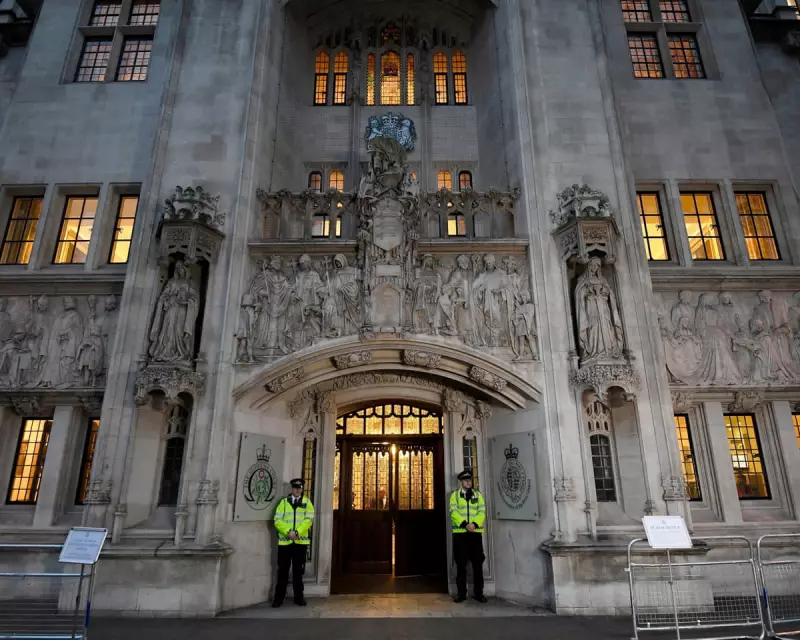
The UK Supreme Court is set to hear a landmark case this week that pits Bahrain's government against two political dissidents who allege their computers were hacked using sophisticated surveillance software while they lived in London.
The Core Legal Battle
At the heart of Wednesday's hearing is whether Bahrain can claim sovereign immunity against allegations it used German-made FinFisher surveillance technology to infiltrate the computers of Dr Saeed Shehabi and Moosa Mohammed. The Gulf nation has already lost this argument in both the High Court and Court of Appeal, but has taken the unusual step of appealing to Britain's highest judicial authority.
The case carries significant implications for how authoritarian states might monitor political opponents residing in the UK, potentially setting a precedent for digital surveillance claims moving forward.
Surveillance Allegations and Evidence
Dr Shehabi and Mr Mohammed maintain that their laptops were infected with malicious spyware in September 2011, allegedly by Bahraini government agents. They claim this intrusion caused substantial psychological harm and violated their privacy.
According to their legal representatives at law firm Leigh Day, the FinSpy software capable of harvesting enormous amounts of personal data. The surveillance tool can record every keystroke, intercept voice calls, access messages and emails, and even activate device microphones and cameras remotely.
Court documents reveal that expert evidence presented in earlier hearings convinced judges that the claimants had demonstrated their computers were indeed compromised by Bahrain's servants or agents.
Legal Precedents and Wider Implications
The Court of Appeal's October ruling established several crucial legal principles. Judges determined that remote manipulation of a UK-located computer from abroad constitutes an act within the United Kingdom for legal purposes. Furthermore, they ruled that personal injury under the State Immunity Act 1978 includes standalone psychiatric harm.
Section 5 of the Act specifically states that states cannot claim immunity for personal injury claims resulting from acts or omissions occurring within the UK. The appeal court found that even if the hacking originated overseas, the effects were felt within British territory, thus engaging UK legal protections.
Both men involved in the case have had their Bahraini citizenship revoked. Dr Shehabi, who helped establish the dissident party al-Wefaq, expressed satisfaction with the legal progress so far. This sends a clear message to foreign governments who pursue their peaceful political opponents with various means including intruding into their private lives and equipment, he stated.
Mr Mohammed, who fled Bahrain in 2006 after repeated detentions, emphasised the personal toll. Our journey has now reached the highest court in the land. I have a duty to expose what I endured when I believe Bahrain hacked my computer. The impact has been devastating.
The Supreme Court's decision will provide crucial clarity for similar cases being handled by legal teams representing other alleged victims of state-sponsored digital surveillance.





